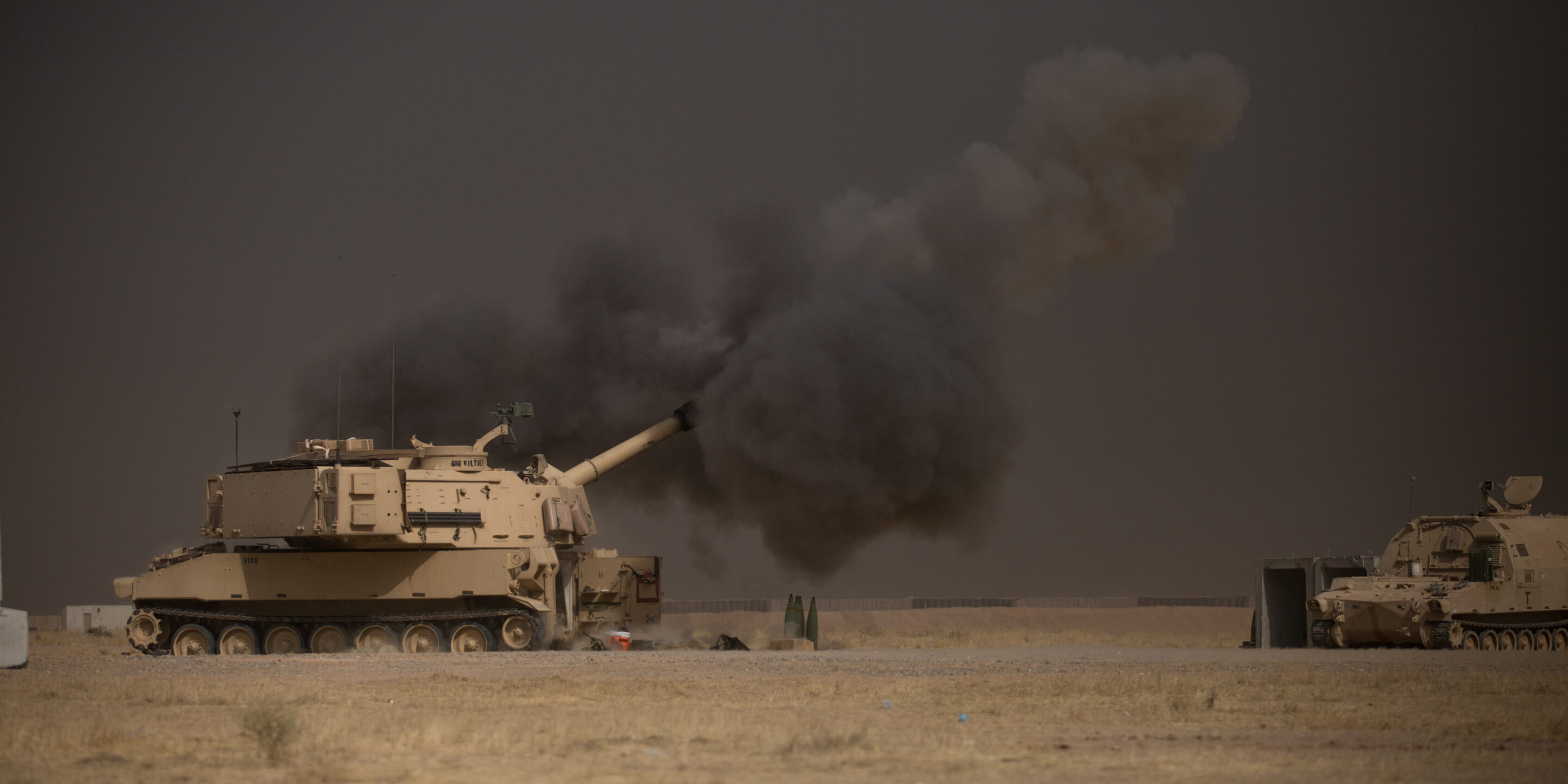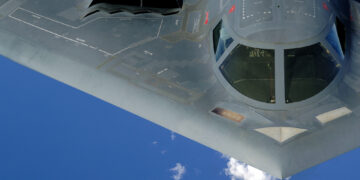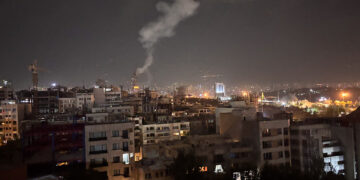January 29, 2024
US retaliation for American deaths in Jordan shouldn’t be driven by war fever

Until this weekend, the roughly 45,000 U.S. troops based in the Middle East were able to insulate themselves from the chaos of the region. Granted, American service members in Iraq and Syria have been attacked more than 150 times by Iran-backed militias since October, but none of those attacks resulted in fatalities thanks to a combination of luck and antimissile defenses.
That all changed Sunday, when President Joe Biden broke the news that a drone attack on living quarters had killed three Americans and wounded more than 30. The attack occurred in northeastern Jordan, a stone’s throw from the Syrian border, at a facility known as Tower 22, which has been used by U.S. forces for years to support U.S. operations in Syria.
The Pentagon is clear that an Iran-supported militia perpetrated the attack. War fever is gripping Washington, with longtime Iran hawks using last weekend’s tragedy as an opportunity to amplify their case for why the U.S. needs to hit Tehran directly. Lawmakers such as U.S. Sens. Lindsey Graham, Tom Cotton and John Cornyn have jumped on social media to recommend bombing Iran directly, despite the fact that the U.S. intelligence community still doesn’t have a full picture of what exactly occurred and that Iran doesn’t have direct command and control over its proxies.
Even so, there is no doubt Biden will respond militarily. He was willing to retaliate after militia attacks that injured U.S. forces, and it’s a guarantee he will strike back now that Americans have been killed. The U.S. bombed Kataib Hezbollah, one of these militias, just last week, destroying facilities in western Iraq and south of Baghdad. The Iraqi government has been increasingly vocal about these U.S. precision strikes, lambasting them as a violation of Iraqi sovereignty that is chipping away at the U.S.-Iraq relationship. The president intimated his response a few hours after releasing his statement about the attack. “We had a tough day last night in the Middle East. We lost three brave souls in an attack on one of our bases,” Biden said during a stop in South Carolina. “And we shall respond.”
More on Middle East

By Jennifer Kavanagh and Dan Caldwell
June 28, 2025

By Rosemary Kelanic and Jennifer Kavanagh
June 25, 2025

Featuring Rosemary Kelanic
June 25, 2025
Events on Iran






